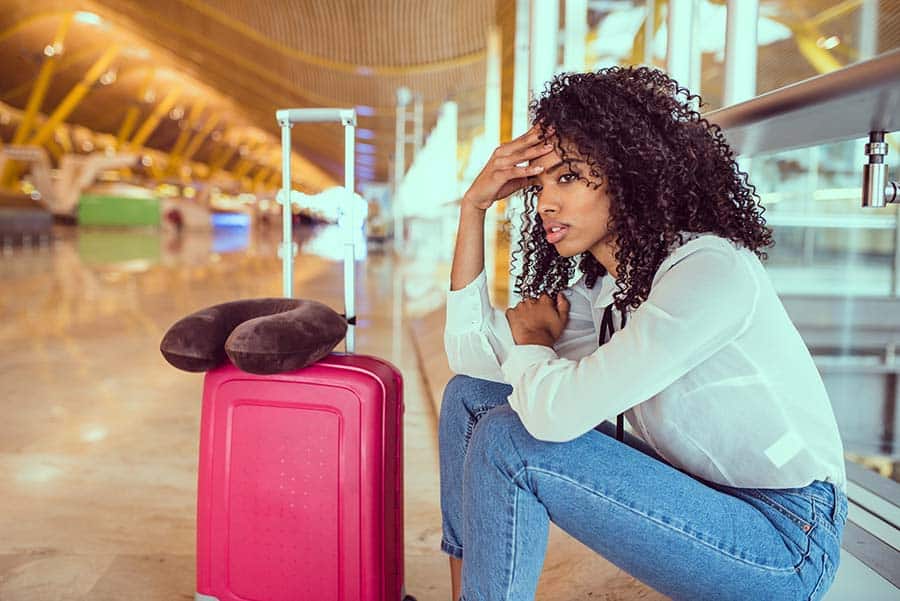
Expose Yourself to Sunlight
Sunlight is a powerful cue to reset your circadian rhythm. Seek out natural light first thing in the morning at your destination by opening the blinds, going for a walk outside, or sitting outdoors with morning coffee. The sunlight exposure will help synchronize your internal clock.
Try to get at least 15-30 minutes of morning sunlight exposure right after waking up. The light during sunrise is the strongest reset for your body. Take a walk to pick up breakfast or sit outside the hotel to soak up the early daylight. Getting that sunlight in your eyes early sends a strong signal to your brain to move your sleep-wake cycle to match local time.
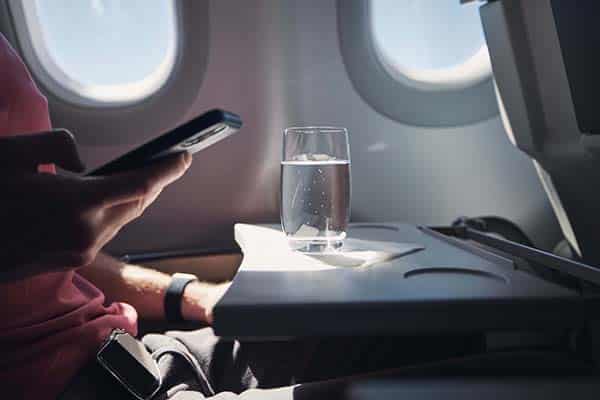
Stay Hydrated
Dehydration exacerbates jet lag symptoms like fatigue, headache, and general malaise. Combat dehydration by drinking plenty of water and avoiding alcohol during the flight and after you land. For longer flights, get up periodically to walk around and keep blood circulating.
Drink 8 ounces of water for every hour you are in flight. Avoid coffee and tea as those have a diuretic effect. Bring an empty water bottle with you that you can refill post-security so you always have water at hand. Staying hydrated will keep you feeling your best through a long flight and upon arrival. Avoid alcohol the first couple days as it is dehydrating.
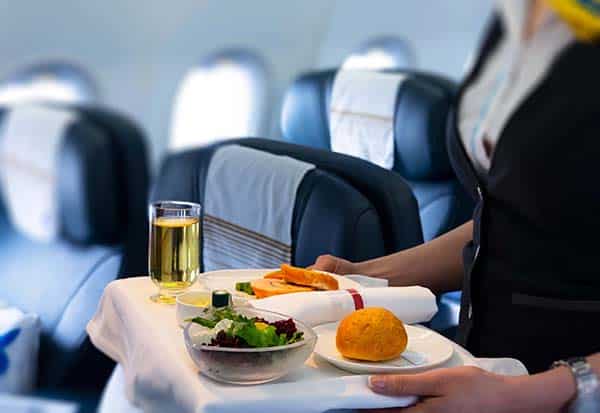
Avoid Heavy Meals
Don't weigh yourself down with a heavy meal right before or after your flight. Opt for lighter fare, snack on fruit and veggies, and go easy on salty foods that can dehydrate you. Give your digestion a break until you adjust to the new time zone.
Choose cleaner, easily digestible foods when flying like salads, sandwiches, fresh fruit and veggies. Avoid greasy, salty fried foods served on planes. Eat small light snacks throughout the flight rather than one heavy meal. Your digestion will be slowed down in flight, so give it an easier time. Once you arrive, gradually work back to heavier meals over the first few days as your body adjusts.
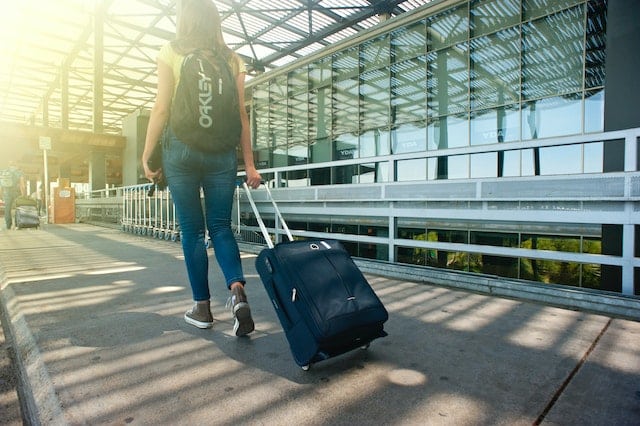
Reduce Airport Anxiety
Airports can be stressful places that add to the exhaustion of travel. Long lines, big crowds, traffic delays can all heighten anxiety levels and fatigue. That’s why it’s important to reduce airport stress so you start your trip in a relaxed state, rather than already worn out.
Hectic terminals are especially taxing when you’re hit with an unexpected flight delay. Use HelloLounge airport lounge vouchers to stay chill in a peaceful setting with a bit of luxury. The more you can relax, the better you’ll adjust to time zone changes.
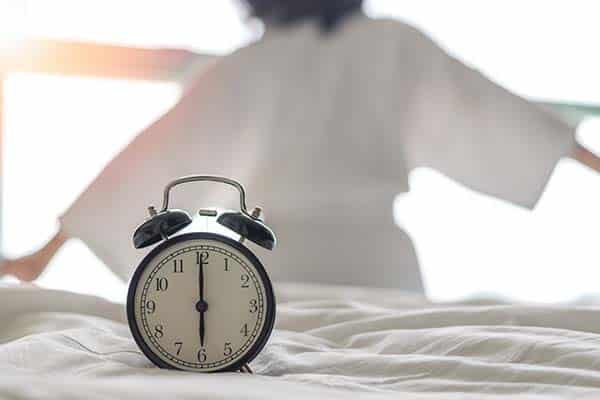
Reset Your Sleep Schedule
Start shifting your sleep schedule closer to your destination time a few days before travel to help reset your circadian rhythm in advance. Going to bed 1-2 hours earlier and waking up a bit later each day eases the transition. After landing, resist afternoon naps so you're primed for a full night's sleep on local time.
Exposure to morning sunlight, exercise, and avoiding naps when you arrive all help cue your circadian rhythm to align with the new time zone. The signals of light and activity reinforce the natural sleep/wake cycle you began establishing before departure. Timed melatonin supplements can also encourage sleep at appropriate nighttime hours. Consult your doctor for a recommended dosing schedule.
Gradual adjustment pre-flight, sunlight exposure on arrival, and supporting healthy sleep hygiene work together to adapt your body clock faster. By front-loading circadian alignment, you'll touch down well on your way to conquering jet lag.

